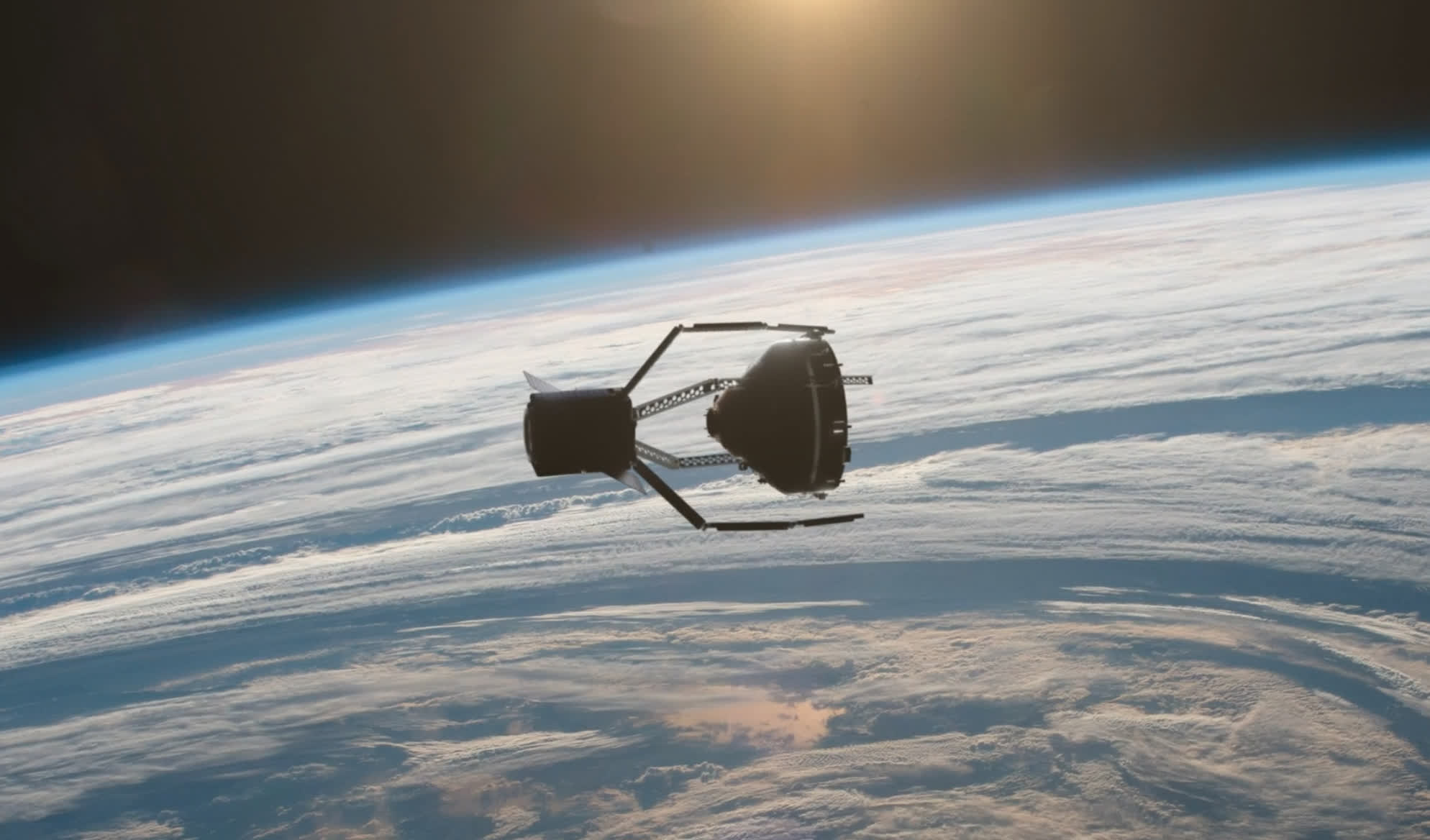Why it matters: Space debris (or junk) has become an increasing concern for scientists as hundreds of new satellites are launched every year into Earth’s orbit, crowding it to the point where thousands of active spacecraft are now at risk of collision with dead satellites and debris. The defunct space equipment not only poses a threat to existing satellite systems but also the prospects of future exploration and studies. Last year, the European Space Agency called for devising a solution to this problem and chose Swiss-startup, ClearSpace, to develop technologies for a space junk removal mission.
The European Space Agency has signed an €86 million contract with ClearSpace for the latter’s space junk removal project, ClearSpace-1. The first-of-its-kind mission is not only new in terms of what it’s setting out to achieve, but also represents a shift in strategy for the ESA, which has chosen a private firm to design and engineer its own spacecraft and plan of execution.
In addition to Switzerland, seven other countries are working on the project, including the Czech Republic, Germany, Poland, Portugal, Romania, Sweden, and the UK. It has also received support from Microsoft, which awarded the Swiss-startup a membership into its Global Social Entrepreneurship Program in June this year.

Expected to launch in 2025, ClearSpace has a March 2021 deadline for satellite design and planning of the mission and has expanded its initial workforce of five to over twenty people since it was picked by the ESA. The company says it will use ESA-developed robotic arm technology for a claw-like device that will target Vespa (Vega Secondary Payload Adapter), a leftover from Europe’s Vega satellite launch in 2013. Following its capture, the claw will then reenter Earth’s atmosphere where heat due to compression and drag will take care of the rest, burning the claw and its victim.
Of course, a single cleanup mission won’t take care of all the debris and ~3,000 dead satellites in orbit, which is why the Swiss-startup is looking forward to establishing itself as a long-term junk removal business in this space. As other commercial projects like tourism and Starlink take off, expect such missions to be more frequent in the future too.
Source link